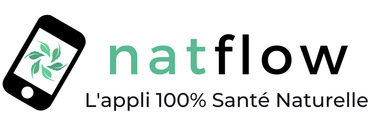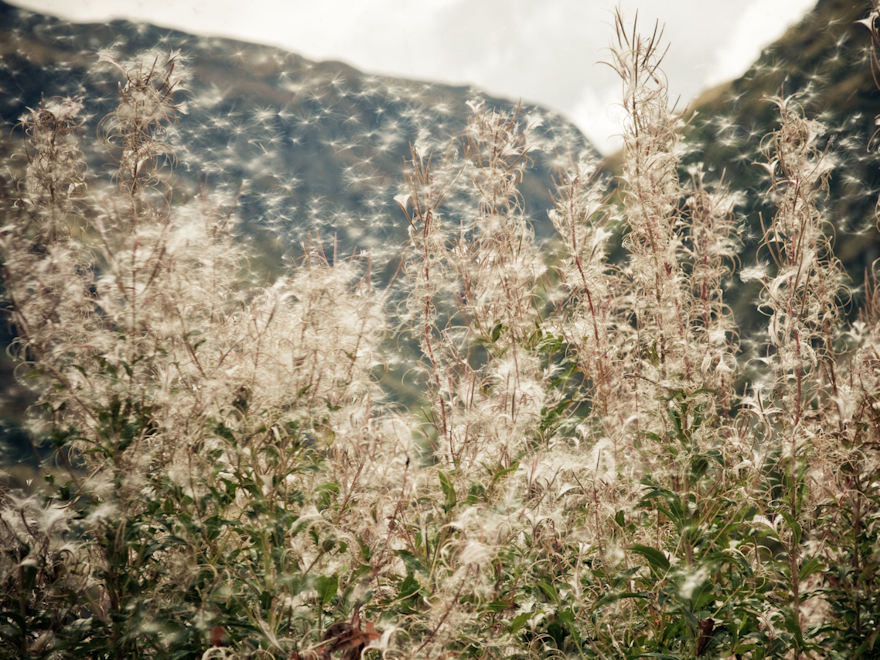Le printemps est là ! Pour beaucoup, il est synonyme d’un nouveau départ, de l’arrivée des beaux jours, du retour du soleil. Mais pour d’autres, c'est également l’arrivée des allergies printanières. Eternuements, conjonctivites, asthme et rhinites peuvent rendre la vie difficile à ceux qui sont allergiques aux pollens, à la poussière et aux autres allergènes.
Heureusement, il existe des moyens naturels pour soulager les symptômes des allergies printanières. Voici quelques-uns des actifs naturels les plus efficaces pour limiter les allergies printanières.
La Quercétine
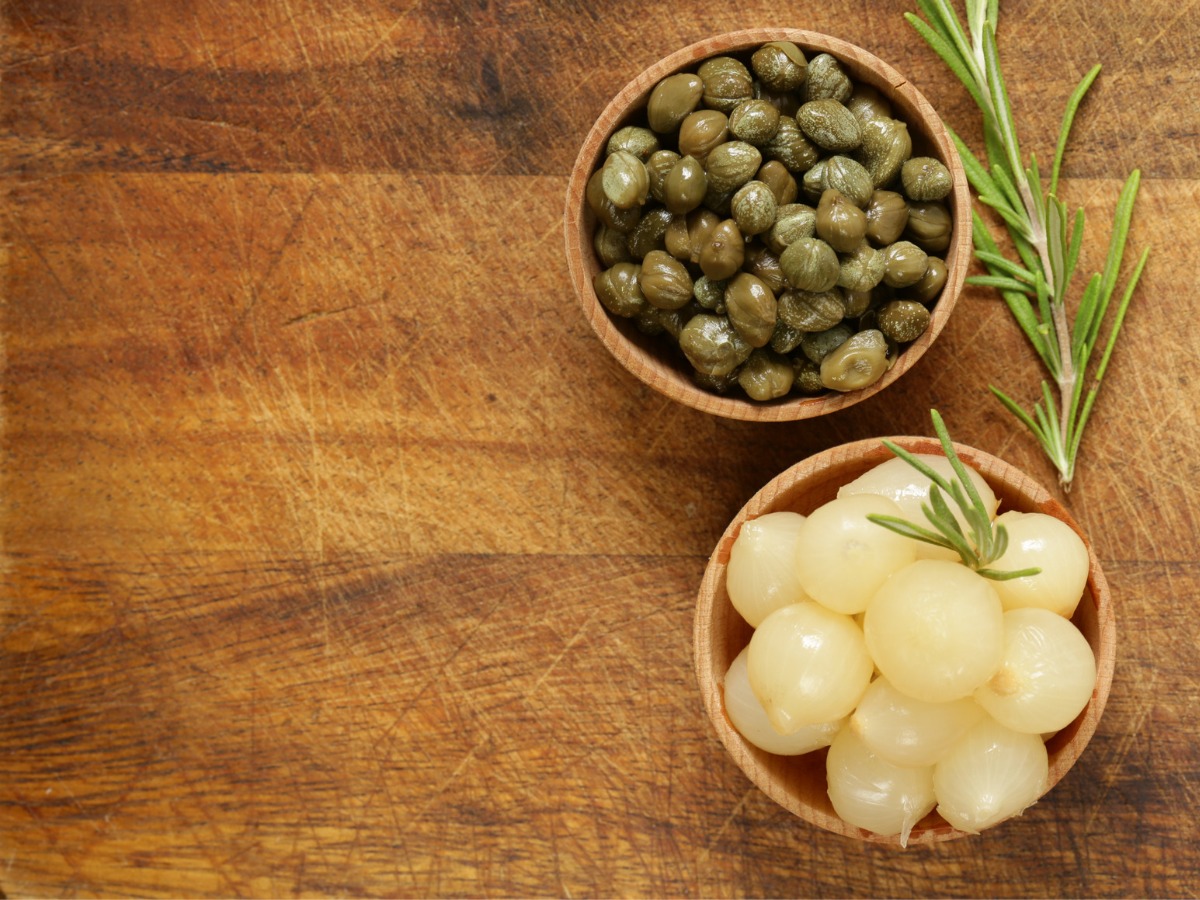
La quercétine fait partie du groupe des flavonoïdes, des pigments végétaux naturels qui donnent leurs couleurs aux fleurs, fruits et légumes. On la trouve principalement dans des aliments tels que les pommes, les oignons, les câpres, l’ail, la livèche, les légumes verts comme le brocoli et les agrumes.
De nombreuses études ont pu mettre en avant ses propriétés antioxydantes, antihistaminiques et anti-inflammatoires qui peuvent aider à réduire les symptômes des allergies printanières.
En cas de manifestations allergiques saisonnières, il est donc conseillé de consommer des aliments riches en quercétine. Une supplémentation peut aussi être envisagée selon les besoins de chacun.
Le Plantain lancéolé
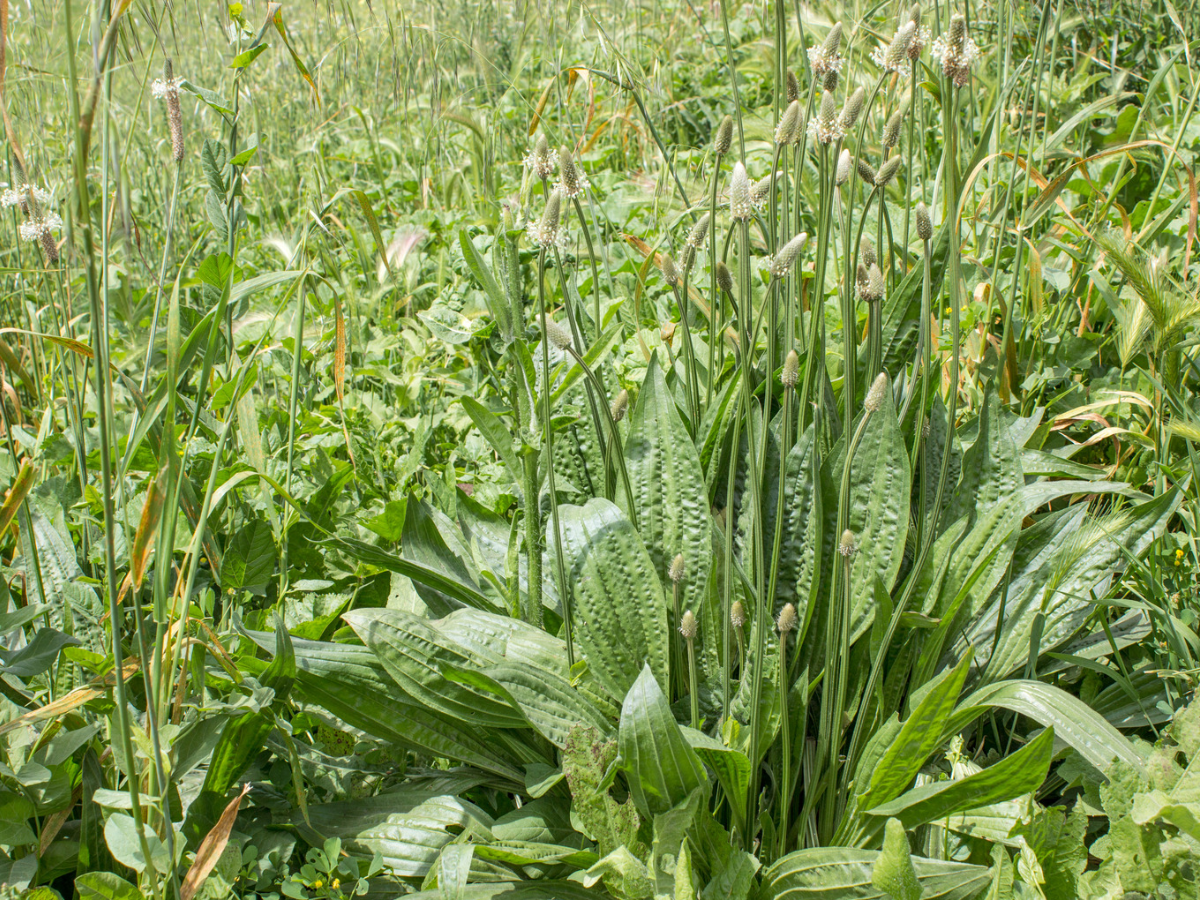
Souvent considéré comme une mauvaise herbe, le plantain lancéolé est pourtant une des plantes incontournables en cas d’allergie. Cette plante vivace, facile à ramasser, possède une action anti-histaminique, anti-inflammatoire et antitussive et apaise ainsi les inflammations cutanées, respiratoires et oculaires. De plus, son usage en phytothérapie est très bien toléré et ne présente pas de contre-indications spécifiques.
On peut l’utiliser sous différentes formes: teinture mère, extrait de plante standardisé, infusion, sirop ou encore déguster ses feuilles en salade pour profiter encore plus de ses minéraux et vitamines. Et pour une action complète, l’association avec du desmodium sera particulièrement intéressante.
Le Desmodium
Originaire d’Afrique, cette plante est désormais bien connue pour son action hépatoprotectrice mais elle possède aussi des propriétés anti-inflammatoires et anti-allergiques en inhibant la libération d’histamine selon certaines études scientifiques. Il contribuerait aussi à soulager efficacement les crises d’asthmes par son action relaxante des voies aériennes.
Riche en flavonoïdes et en tanins, le desmodium s’utilise généralement en décoction (comptez 10gr de plante pour 1L d’eau) ou en extrait de plante sèche à prendre pendant 3 semaines minimum pour observer les effets.
L'Ortie
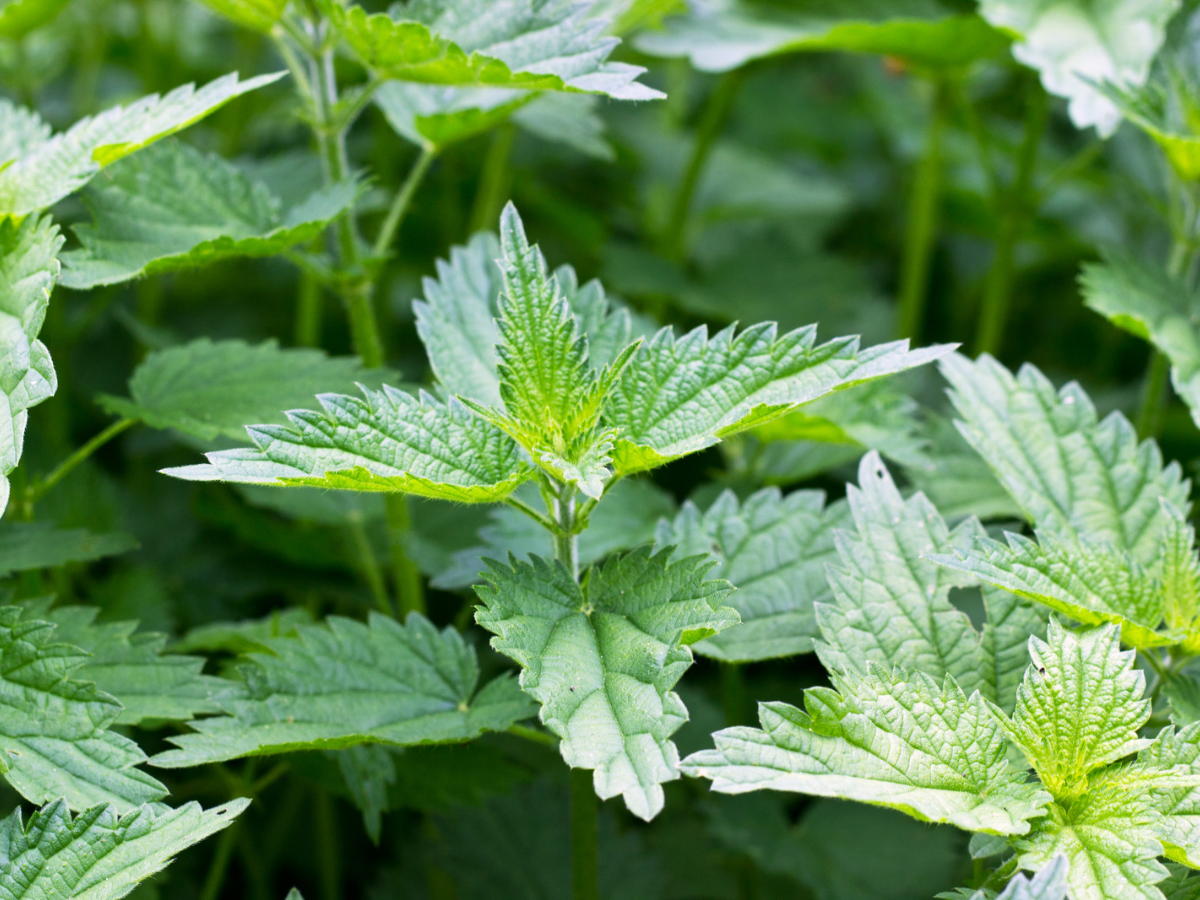
L'ortie est une plante utilisée depuis des siècles en phytothérapie pour son action antioxydante, reminéralisante et anti-inflammatoire. Elle agit aussi comme un anti-histaminique et peut ainsi être d’une grande aide pour soulager les manifestations allergiques printanières.
On peut l’utiliser entière, en soupe, en jus ou sous forme de tisane, de teinture mère ou d’extrait de plante et ce, dès l’apparition des premiers signes.
Le bourgeon de Cassis
Star de la gemmothérapie, le bourgeon de cassis est bien connu pour son action puissante anti-inflammatoire et drainante. Il est particulièrement approprié pour tous les types d’allergies (cutanées, respiratoires ou encore alimentaires).
Il potentialise aussi les effets des autres bourgeons. Dans le cas des allergies printanières, son association avec le bourgeon de Viorne est très intéressante.
L’huile complète de Périlla

L’huile complète de périlla est l’association entre l’huile végétale issue des graines riches en oméga 3 dont l’acide alpha-linolénique et l’huile essentielle de périlla riche en acide rosmarinique à l’action anti-inflammatoire et modulatrice du système immunitaire.
Cette huile complète se consomme sous forme de capsules en action préventive un mois avant l’arrivée des pollens ou en action curative dès les premiers symptômes.
L'huile essentielle d'Estragon
Du coté des huiles essentielles, certaines sont particulièrement intéressantes pour soulager l'inflammation et l'irritation des voies respiratoires. L’huile essentielle d’Estragon est notamment reconnue pour son action antispasmodique et antiallergique. L’huile essentielle d’Eucalyptus radié est aussi intéressante pour son action sur la sphère ORL et respiratoire.
On peut ainsi réaliser une synergie à base de ces huiles essentielles et d’huile végétale de nigelle, connue aussi pour ses propriétés antihistaminiques, qu’on appliquera localement sur le thorax en prévention ou pour calmer les symptômes liés aux allergies.
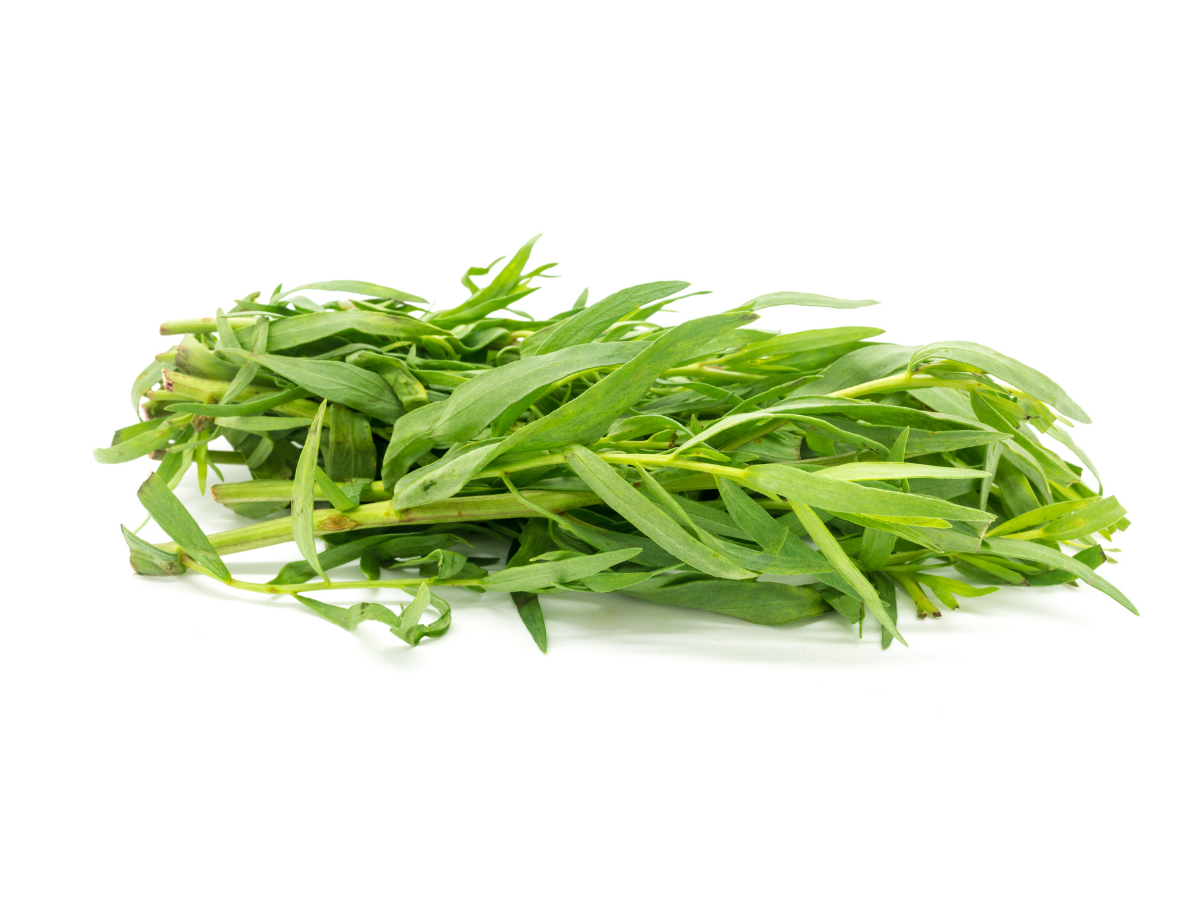
Ces actifs naturels peuvent apporter un réel soulagement des symptômes et prévenir leur apparition mais il convient aussi de soigner la cause de ces allergies et de soutenir son foie et ses intestins, la muqueuse intestinale jouant en effet un rôle essentiel dans le bon fonctionnement du système immunitaire.
Les informations et conseils proposés sur le site Natflow ne peuvent en aucun cas se substituer à une consultation ou un diagnostic formulé par un médecin ou un professionnel de santé, seuls en mesure d’évaluer adéquatement votre état de santé.
